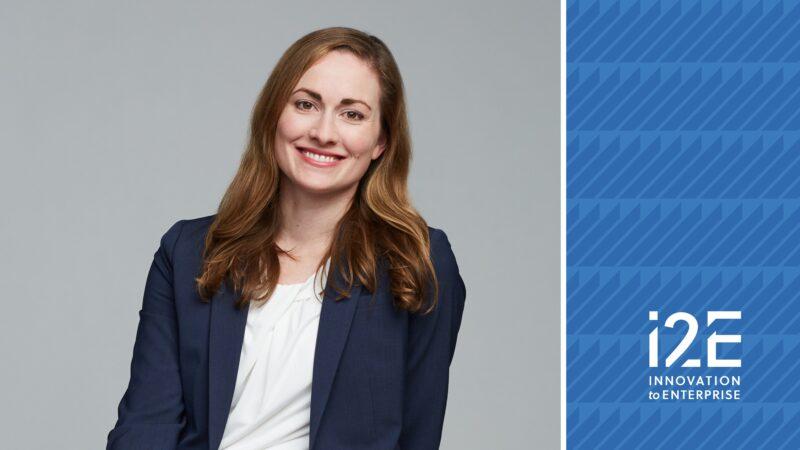By Scott Meacham
Millennials (those born between about 1982 and 1996) have overtaken Baby Boomers as the largest generation in the U.S. labor force—that’s one-in-three of workers or people looking for work.
With limitations on immigration and Baby Boomers retiring at an accelerating pace, businesses large and small are increasingly dependent on the Millennial segment of the population to fill the jobs and do the work.
A recent report by MagnifyMoney, a LendingTree-owned company, scored the biggest Millennial boomtowns in America. Results of the study showed that while the Millennial population is on the uptick, this critical cohort of the labor force is growing and prospering more in some places than others.
One of those great places for Millennials is Oklahoma City. Our state capital was ranked in America’s top 10 Millennial boomtowns.
Metrics included Millennial population change, workforce participation, unemployment rate, and median wages. San Francisco, Austin, and Denver led the list. Oklahoma City had the distinction of the city with the largest wage increase for Millennials. Dallas, Boston, and Atlanta were in the second tier.
So, what does being a “Millennial boomtown” mean to Oklahoma City? It means we are attractive to an expanding segment of the workforce that is ethnically diverse, educated, tech-savvy and socially conscious. Millennials are the workforce for today and the decades to come. They are their own people—they are different than the employees that many businesses may be used to—but different in a good way.
Corporations, universities, and those of us who are in innovation and entrepreneurship have to understand the traits, beliefs, and values of this generation, and then figure out how to create environments that make the best use of this tsunami of human talent coming at us.
Millennials are a technologist’s dream. They cut their teeth on the Internet. According to Gallup Research, “85 percent of them access it from their phones, more than any other generations.” Their personal lives are built around technology. Millennials not involved in IT told Gartner Research that one of their first three ways to solve a digital technology issue would be to search it out on the Internet.
Imagine the impact that the Millennial mindset can have in an Oklahoma startup in rechargeable battery technology like Spiers New Technologies, or in scalable battery nanotechnology like Ten-Nine Technologies, or in groundbreaking developers of consumer devices that are part of the Internet of Things (IoT).
For all their talent, Millennials do change jobs more often than other generations. As reported by Deliotte, more than 40 percent envision leaving their jobs within two years. On the other hand, when Millennials believe their company has a high-trust culture, they are more than 20 times more likely to want to work there for a long time. More than 85 percent of younger employees say they plan to stay long-term at businesses considered “Best Workplaces for Millennials.”
Oklahoma City has the battle of remarkable talent half-won. We are a place that Millennials want to come to live, work and play. Now we just need to listen to them and find ways to match the needs of our corporations and startups with the talents and methods of these workers who are projected to become about 75 percent of the workforce over the next five years.
We are in the right place at the right time.
Scott Meacham is president and CEO of i2E Inc., a nonprofit corporation that mentors many of the state’s technology-based startup companies. i2E receives state appropriations from the Oklahoma Center for the Advancement of Science and Technology. Contact Meacham at [email protected]








